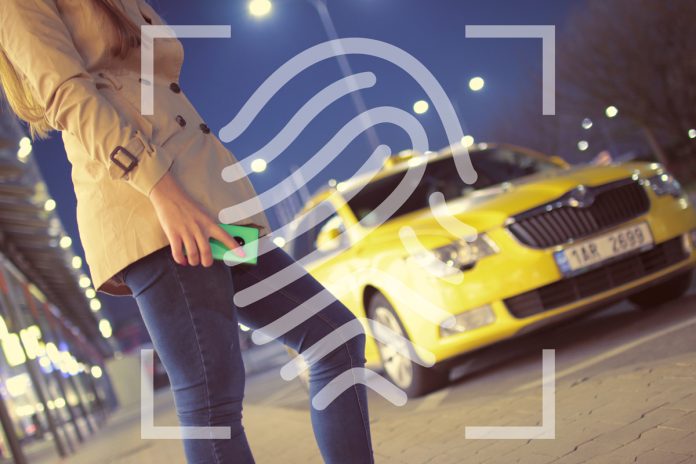Even some Sunday school teachers are subject to it. So why are Uber and Lyft so averse to having their drivers fingerprinted that they just suspended service in a major U.S. city?
While fingerprints are widely considered the best way to weed out potential criminals, checking them costs more than simple name-based background reviews, which the app-based ride-hailing companies have fought hard to continue using across the country.
So shortly after the Austin, Texas, City Council, voted last December to require the companies to use fingerprinting anyway for public safety reasons, Uber and Lyft spent $8.6 million on a campaign blitz — described as full of “dicey misdirections” in the city’s largest newspaper — to get voters to overturn the regulations.
Turns out that Texas voters are savvy, and it wasn’t even close.
By a margin of 56 percent to 44 percent, voters decried: Hell, yes, we want your drivers fingerprinted, just like cabbies and limousine drivers.
And why not? Consider the following:
• Ride-hailing drivers have been accused of a string of rapes, murders and other crimes across the nation.
• Uber agreed in April to pay as much as $25 million to settle a lawsuit in California that accused it of misleading customers about the strength of its background checks on drivers. “Laws cannot be ignored,” San Francisco Attorney General George Gascon declared.
What makes the Austin vote all the more astounding is that people went to the polls knowing that Uber and Lyft had threatened to pull out if the rules weren’t loosened to their liking.
“The threat brings to mind what was, for my generation, a famous (humor) magazine image,” an Austin American-Statesman reporter wrote, referring to a 1973 National Lampoon cover of a man pointing a gun at a cute little dog’s head. “If You Don’t Buy This Magazine, We’ll Kill This Dog,” the headline read.
“Lyft and Uber told Austin, essentially, pass our (favored) regulations or we’ll kill your dog.”
The “dog,” in Austin’s case, the reporter went on to clarify, is their customers and as many as 15,000 (at least temporarily out-of-work) drivers.
Public safety advocates are hoping the Austin vote marks a turning point in the ongoing effort to get the Ubers of the world to play by the same rules as everyone else.
“Until all municipalities require suitable background checks for drivers of these ride-hailing services, we fear continued disastrous consequences as a result of digital hitchhiking,” said Scott Solombrino, co-founder of the National Limousine Association (limo.org).
Meanwhile, Austin Mayor Steven Adler has offered to return to the bargaining table to negotiate a compromise, and both Uber and Lyft are urging Austinites to contact their City Council members if they want services to resume.
And, oh, yes, at least one small, start-up ride-hailing company named GetMe — apparently sensing an exploitable opening — has said it has no problem complying with the fingerprinting requirement.
Source: NewsUSA




